3. ESAC. Exploring and organising Mercury’s surface scientific holdings for BepiColombo - ESAC Trainees
3. Exploring and organising Mercury’s surface scientific holdings for Bepicolombo.
ESA supervisor: Sebastien Besse
Collaborator(s): Claudio Munoz (ESAC), Jack Wright (ESAC), External Collaborator(s): Oceane Barraud (DLR)
Site: ESAC
MESSENGER observations of Mercury have paved the road for the ESA/JAXA BepiColombo mission to further explore the characteristics of Mercury's surface. A large diversity of scientific interests feed a very active scientific community that is analysing the available observations to better plan for BepiColombo. The MeSS (Mercury Surface Spectroscopy) project is providing easy and effective access to scientific data for scientists. Successful investigations of Mercury’s surface have revealed the great potential of using relational databases for new scientific analysis although organizing all those useful datasets is complex. The aims of this internship are to expand the content of the MeSS database hosted at ESAC by incorporating scientific maps and to provide open access to the service. Among your tasks will be to incorporate new scientific products to the PostgreSQL relational database and develop the next version of the MeSS database within the ESA Datalab infrastrcture. Through your techinical expertise, scientific interests and open minded approach you will provide solutions in incorporating data products of different natures into the MeSS database. You will be able take key decisions in the technical development of the MeSS infrastructure that fulfill the needs of the scientific community. New products are being developed by numerous scientists continously and it is expected that the selected trainee will be versatile enough to incorporate these news products (e.g, machine learning outputs, laboratory measurements) into the database during the internship. You will be associated with the Science Ground Segment of the BepiColombo mission and participate in the preparation of BepiColombo while focusing on enhancing the science exploitation of previously acquired data.
Project duration: 6 months.
Desirable expertise or programming language:
- • Knowledge of PostgreSQL database management and programming language(s) allowing connecting and handling PostgreSQL (e.g. python) will be needed.
• An interest in planetary science and scientific research is an important asset.
• Knowledge and interest in data mining, data visualisation and a Geographical Information System (GIS) would be highly beneficial.
• Experience in developing Python Notebooks will be considered.
• Fluency in English is required.
To apply for this project please fill in an online application form through the following link.
- Removed a total of (1) style text-align:justify;
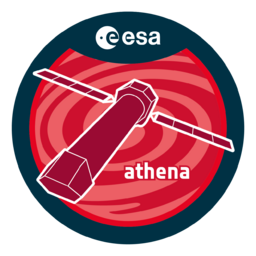
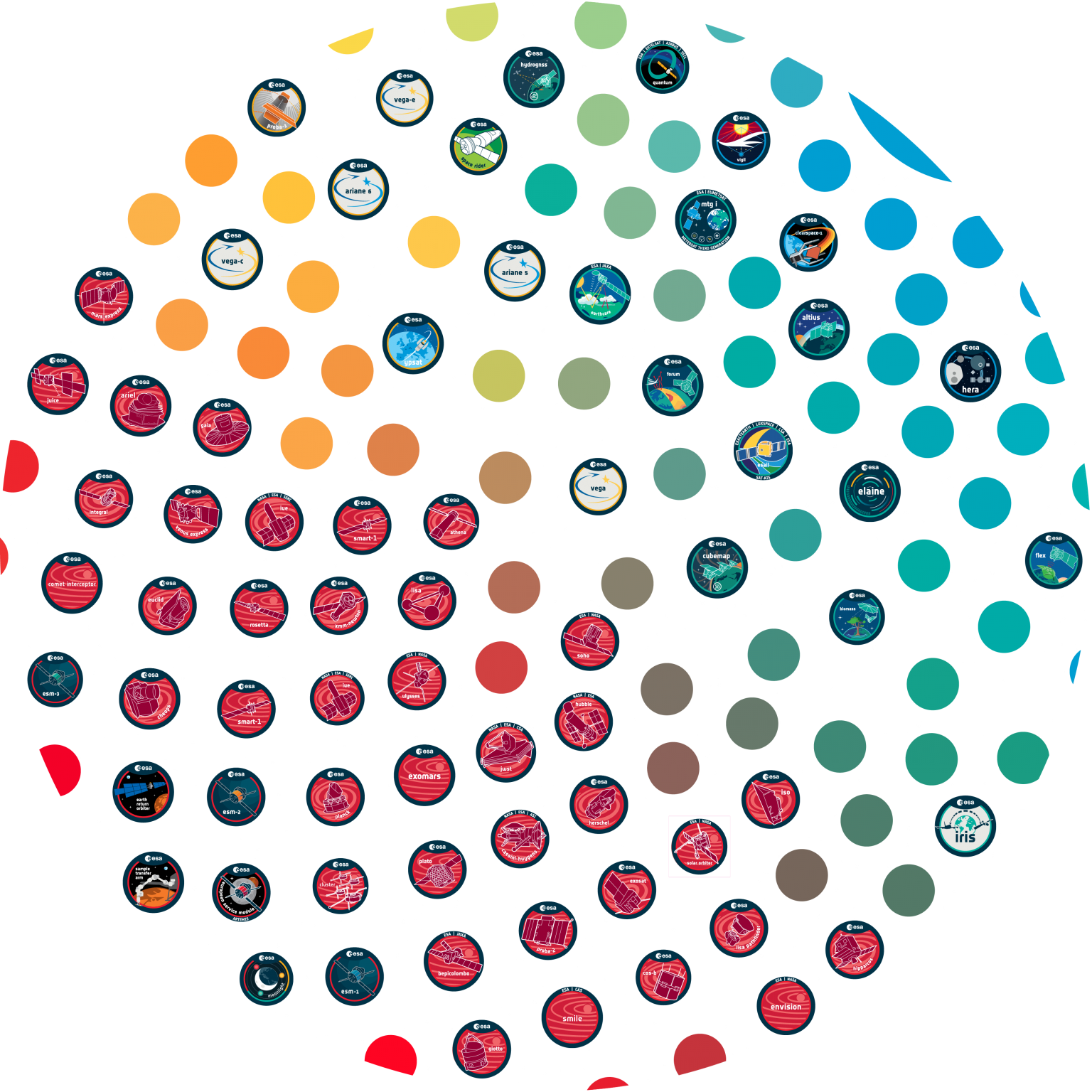
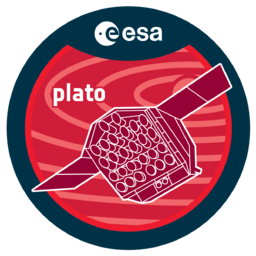
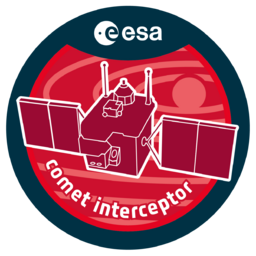

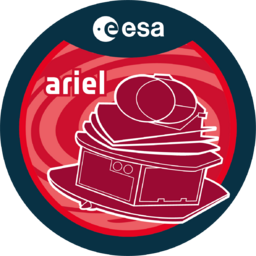
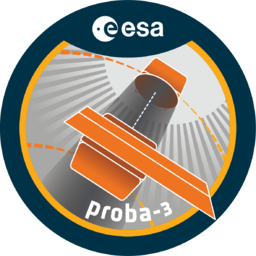
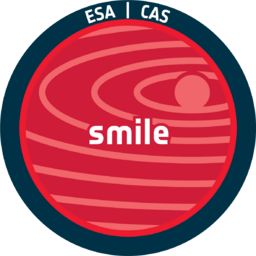
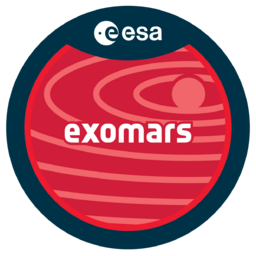
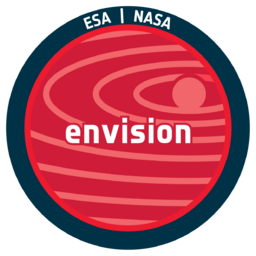
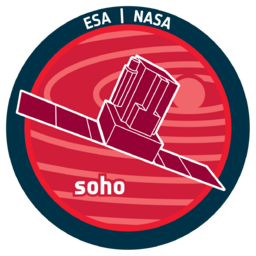
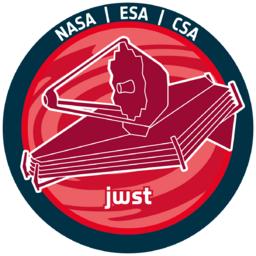
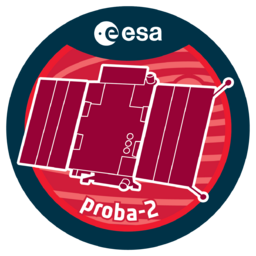
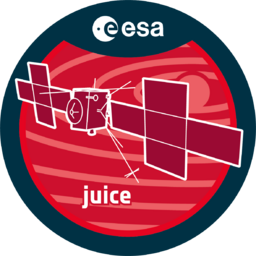
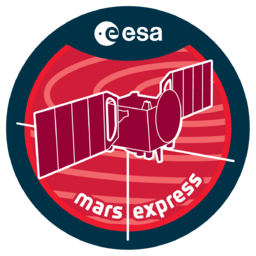
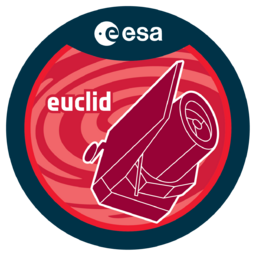
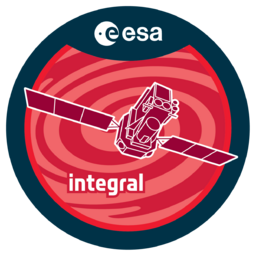
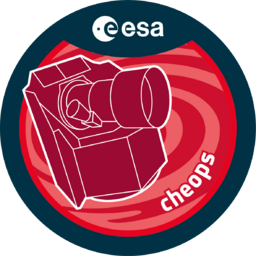
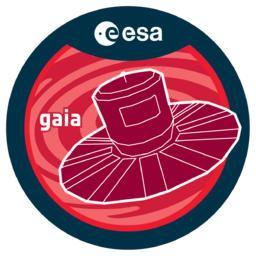
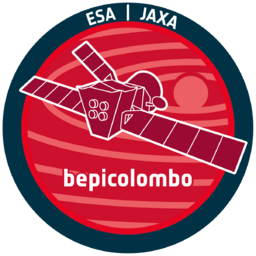
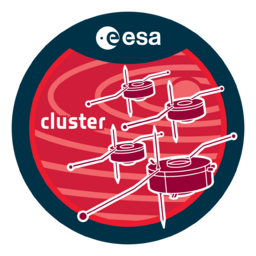
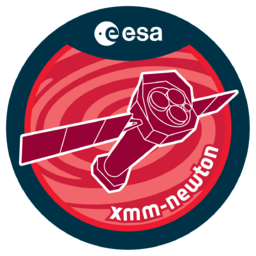
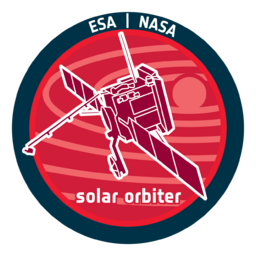
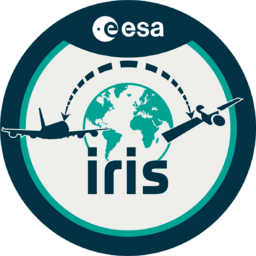
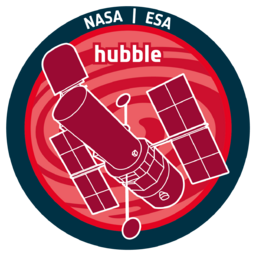
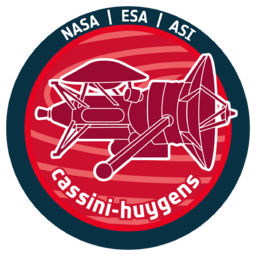
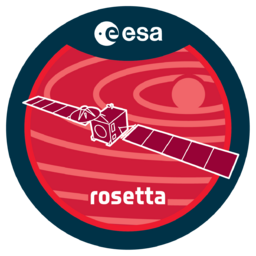
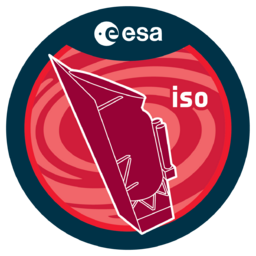

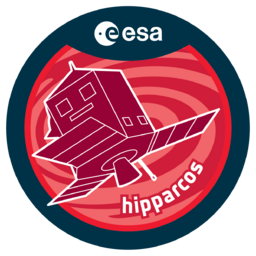
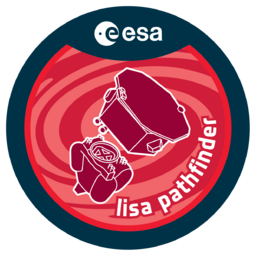
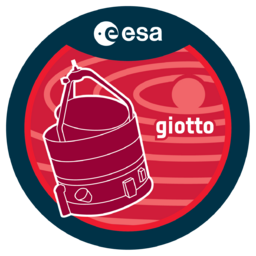
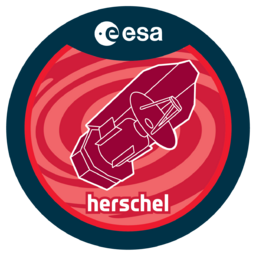
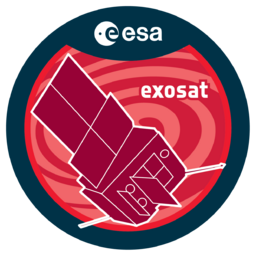
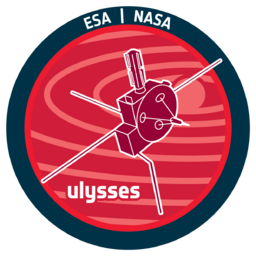
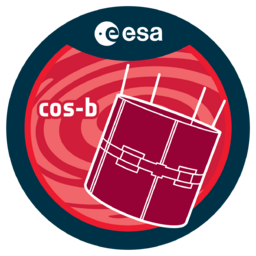
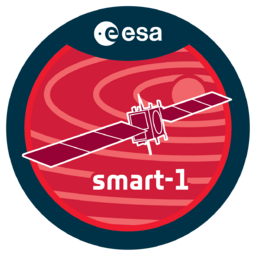
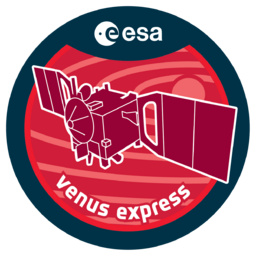
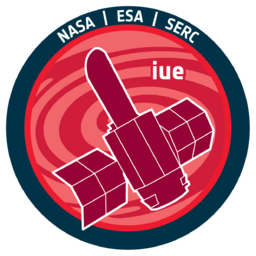

 Sign in
Sign in
 Science & Technology
Science & Technology